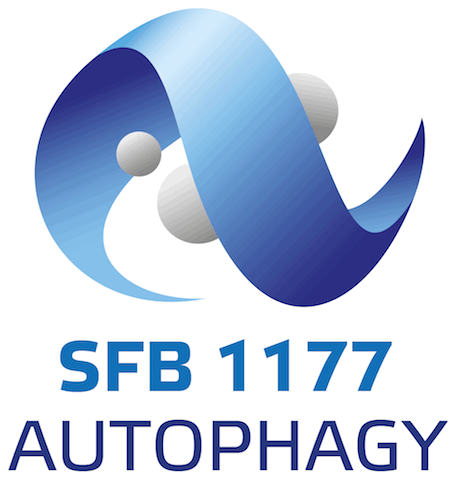F08
Mitophagy is an evolutionarily conserved cellular process to remove dysfunctional mitochondria, thus fine-tuning mitochondrial number and preserving energy metabolism. Depending on the context, mitophagy flux occurs in a basal or stress-induced manner. The former refers to continuous mitochondrial housekeeping, while the latter is activated by specific stress signals. In this project we aim to identify (i) basal and stress related regulators of mitophagy and (ii) the physiological role of mitophagy in cell cycle control. In particular, we will study the regulatory crosstalk between cellular stress pathways – UPRmt, ROS signaling, inflammation – and mitophagy and establish the link between mitophagy, cell cycle control, cell regeneration, and rejuvenation in vitro and in vivo. To address this, we will compare a mitochondrial-rich cell type in which mitophagic flux regulates homeostasis, i.e. fibroblasts, with a mitochondrial-poor cell type in which the role of mitophagy still remains unknown, i.e. endothelium. Both cell types will serve as a dynamic model to evaluate proliferative, quiescent, and senescent phenotypes both in vitro and in vivo.

Mitophagy during mitochondrial damage and cellular rejuvenation
PROF. DR IRIS BIBLI
European Center for Angioscience
Medical Faculty Mannheim
University Heideberg
Ludolf-Krehl-Str. 7 - 11
68167 Mannheim
Germany
Iris.Bibli@medma.uni-heidelberg.de

Prof. dr. CHRISTIAN MÜNCH
Institute of Biochemistry II
GU Frankfurt
Theodor - Stern - Kai 7
60596 Frankfurt a. M
Germany
Office: +69 6301 3715
ch.muench@em.uni-frankfurt.de

